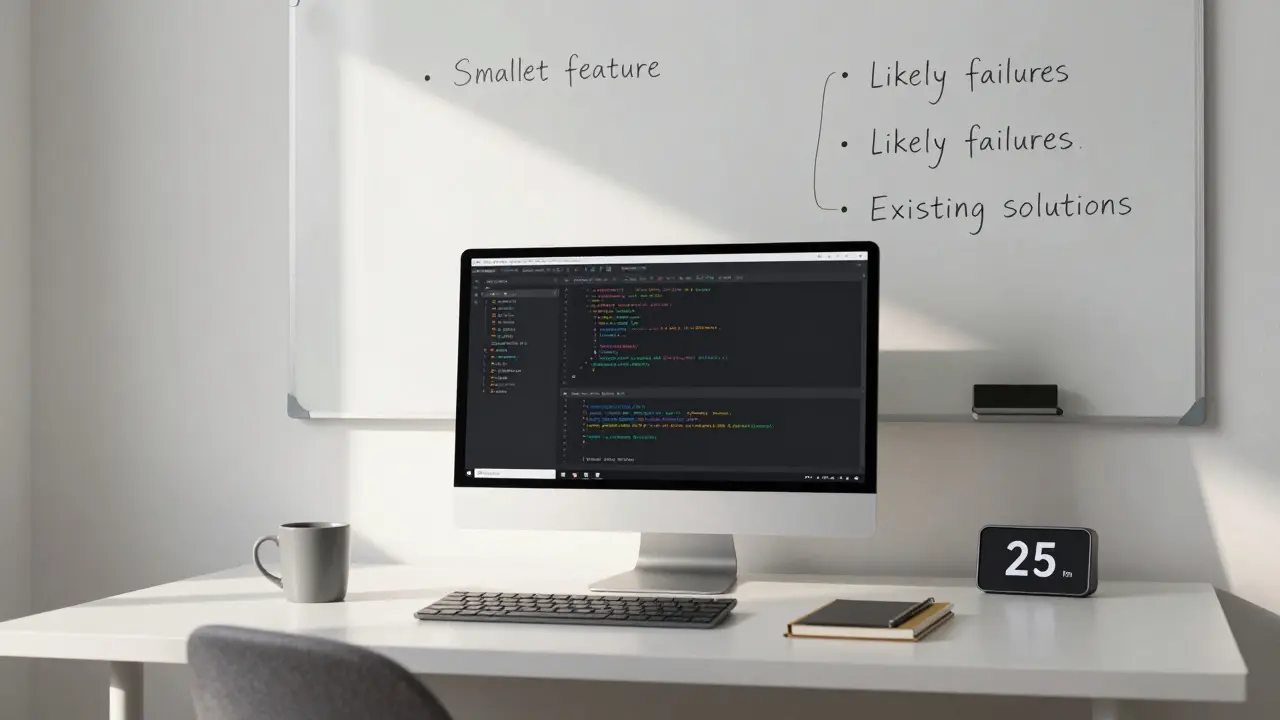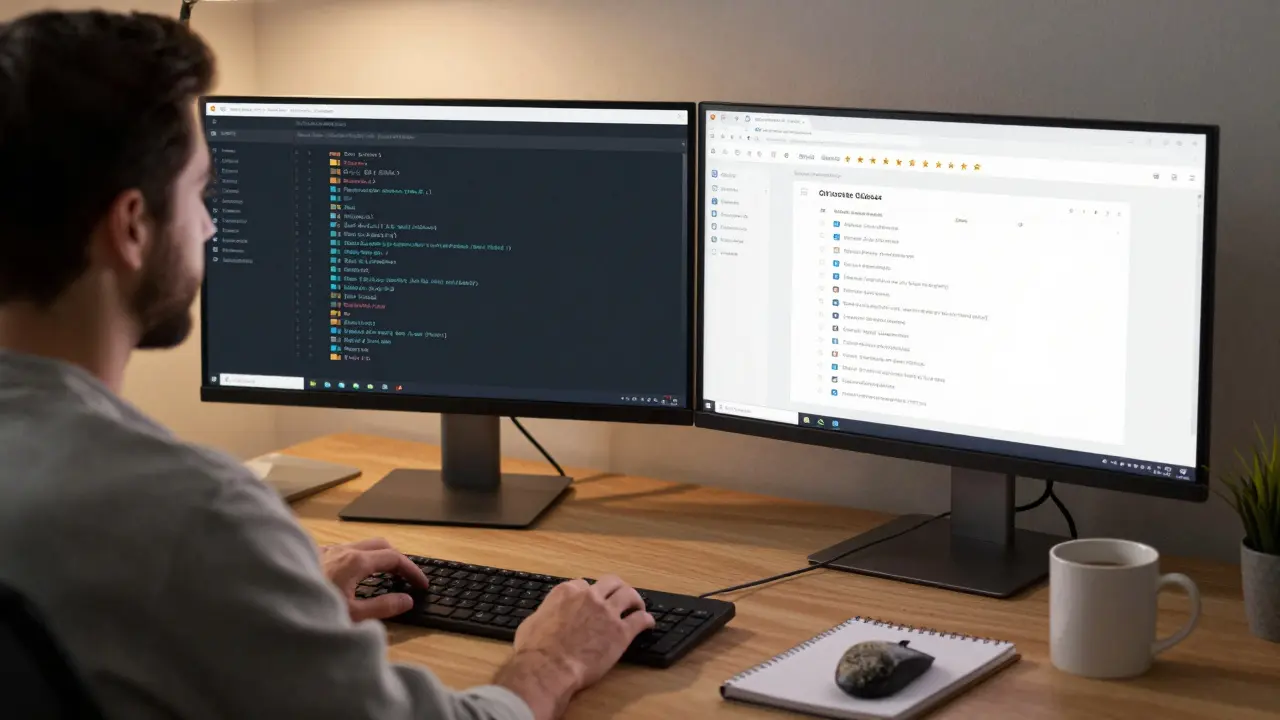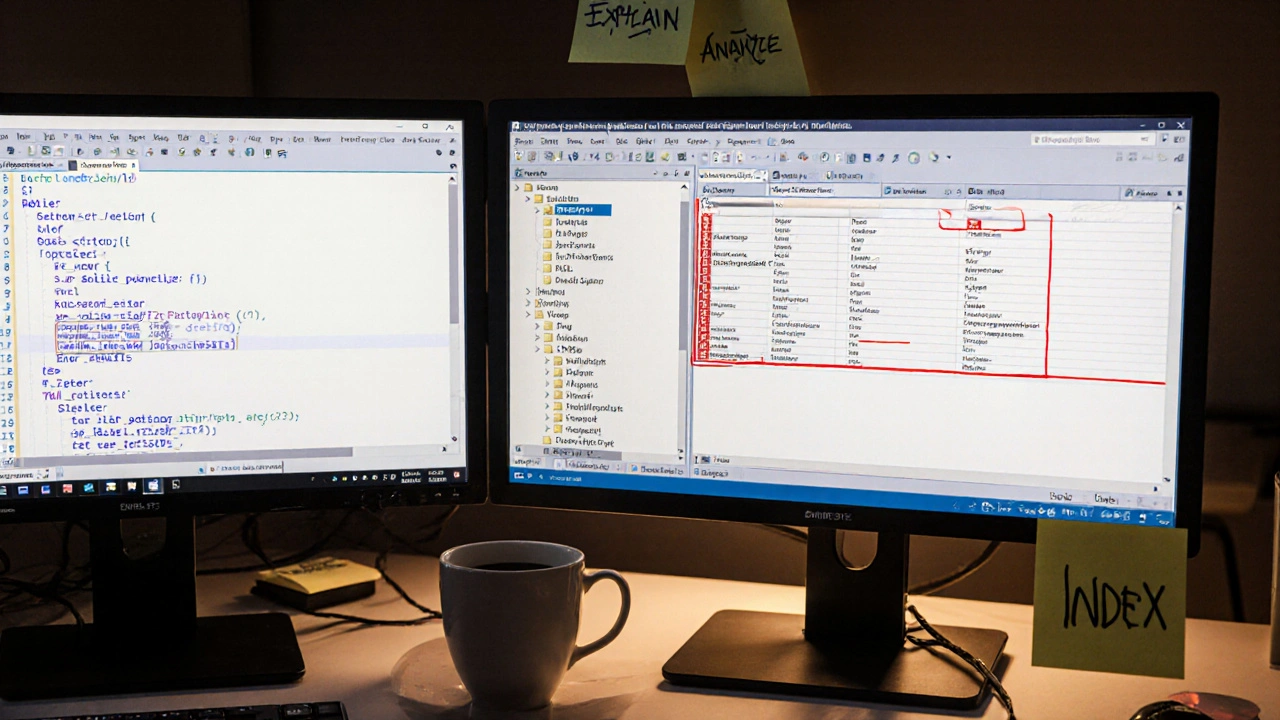Programming Tips & Guides
Whether you’re writing your first script or maintaining a large codebase, the right tip can save you hours. This page gathers short, actionable guides that help you write cleaner code, spot errors quickly, and adopt habits that make development smoother. Think of it as a toolbox you can dip into any time you hit a snag.
We keep things simple: each guide focuses on one problem and gives you a clear step‑by‑step fix. No fluff, no jargon—just the stuff you can apply right after you finish reading. Want to improve your code structure? Need a faster way to track down a bug? You’ll find a guide for that and more.
Master Debugging with Simple Techniques
One of the most common hurdles developers face is debugging. Our featured post, The Art of Code Debugging: Making Programming Easier, breaks down the process into bite‑size actions. It starts by teaching you how to set up breakpoints effectively, then shows how to read stack traces without feeling lost. The article also covers a few low‑cost tools that turn a cryptic error message into a clear roadmap.
What makes this guide stand out is its focus on mindset. Instead of just telling you to "check your variables," it explains why certain patterns repeat in bugs—like off‑by‑one errors or null references. By catching those patterns early, you reduce the time spent chasing phantom issues. Give the debugging checklist a try on your next project; you’ll notice the difference within a few minutes.
More Ways to Level Up Your Code
Beyond debugging, the category offers quick guides on topics like naming conventions, code comments, and version control tricks. For example, a short article on "Meaningful Variable Names" walks you through a three‑step process: identify the purpose, choose a clear noun or verb, and add context only when needed. Following that routine can make your code readable for teammates and future you.
Another popular guide tackles unit testing for beginners. It demystifies test suites by showing how a single test can protect a critical function. You’ll learn how to write a test in under five minutes, run it automatically, and interpret the results without diving into complex frameworks.
All of these guides share a common goal: make programming feel less like a puzzle and more like a set of tools you already own. Whenever you land on this page, you’ll find a fresh tip you can try today, whether you’re fixing a bug, refactoring a module, or setting up a new project.
Got a specific challenge you’re wrestling with? Drop a comment or suggestion, and we’ll turn it into the next guide. The more we share, the faster you’ll move from "stuck" to "solved". Happy coding!

Coding Tips: The Roadmap to Becoming a Skilled Developer
Learn the real habits that turn beginners into skilled developers-not by memorizing code, but by building consistently, reading code like a story, and embracing the messy process of learning.

Programming Faster: How to Ship Code Faster Without Burning Out
Learn how to code faster not by working harder, but by removing friction-planning smarter, reusing code, automating tasks, and focusing deeply. Real speed comes from efficiency, not hours.

Programming Faster: How to Write Code More Efficiently and Become a Pro Developer
Learn how to program faster by fixing bad habits, mastering your tools, automating repeats, and building real projects. Become a pro coder without burning out.

10 Coding Tips That Save Hours of Work Every Week
Ten practical coding tips that save hours every week by reducing repetition, avoiding bugs, and automating tedious tasks. Learn how to code faster without burning out.

Code Debugging: The Backbone of Every Great Software
Code debugging isn't a side task-it's the core skill behind every reliable software. Learn the real process, tools, and habits that separate good developers from great ones.

Coding Tips for SQL: Write Queries Like a Pro
Learn practical SQL coding tips to write faster, cleaner, and more reliable queries. Avoid common mistakes, use indexes wisely, and write queries that scale with real data.

The Art of Code Debugging: Making Programming Easier
Hi there, tech enthusiasts! Let's dive into the world of code debugging. Learning the art of code debugging cannot only improve your programming skills, but it can save you a lot of time and hassle. This post aims to make programming easier for you by sharing effective debugging techniques that can clean up your code and enhance its performance. Stick around, because we are about to decode the complexity of debugging.